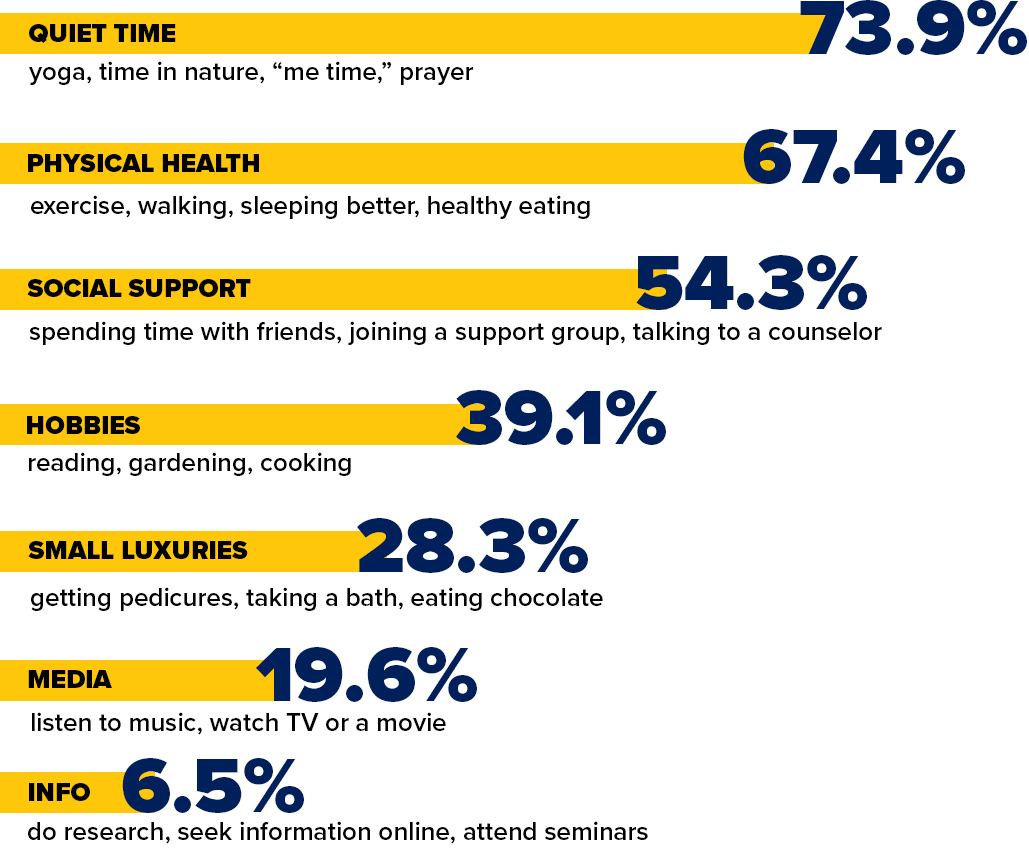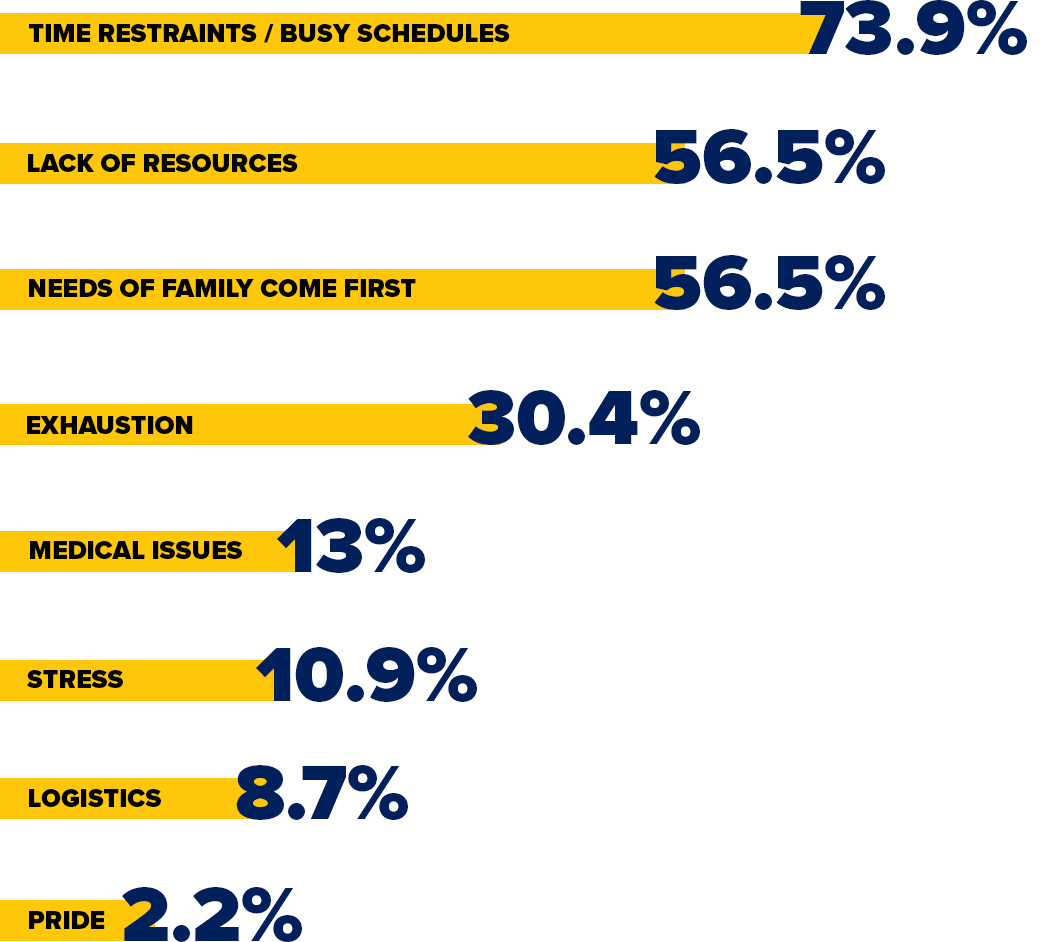New research examines how confidence in and frequency of self-care relates to stress, parenting attitudes, and family needs for parents caring for kids with fetal alcohol spectrum disorders.
Children diagnosed with fetal alcohol spectrum disorders (FASD)—caused by prenatal alcohol exposure—often face lifelong developmental, cognitive, and behavioral problems. Without the right support they are at high risk of mental health disorders and other life problems. The condition affects around 2 to 5% of school-aged children in the US.
Children with FASD are not the only ones who struggle, however; often their parents and caretakers do, too. What can make the job of parenting a child with the disorder especially hard is the general lack of awareness surrounding FASD, and the dearth of available resources and specialists.
Unsurprisingly, these barriers contribute to the already high stress levels that go hand-in-hand with parenting a child with disabilities. Stress, of course, can have a direct bearing on family cohesion, as well as the caregivers’ mental and physical health. That’s why, according to experts, self-care for parents is a critical resource.

“We know that parents who are stressed tend to feel less effective and less satisfied as a parent,” says lead author Carson Kautz, a graduate student in the University of Rochester psychology department.
Kautz and coauthor Christie Petrenko, an assistant professor and research associate at the Mt. Hope Family Center, are working on interventions to reduce the adverse outcomes for children with developmental disabilities, particularly FASD.
“Of course, stress reduction is important for all parents,” says coauthor Jennifer Parr, a graduate student at the Warner School of Education and a project coordinator and therapist at Mt. Hope Family Center. “But it’s especially critical in caregivers of children with special needs, given that we know of their already high stress levels.”

The researchers believe the new paper is the first to describe caregiver strategies for self-care and the obstacles and barriers parents face in raising their children while trying to care effectively for themselves.
Based on interviews and questionnaires given to 46 caregivers of children with either an FASD diagnosis, or confirmed prenatal alcohol exposure, the researchers checked for child behavioral problems, parental stress levels, and grouped the various self-care strategies (such as practicing yoga, maintaining physical health, engaging in hobbies, and treating oneself to small luxuries) into seven categories.
“A strategy that really works well for one person may not work well for another, so it’s good to see people figuring out what works for them,” Kautz says.
The paper’s key findings include:
- Caregivers who report greater confidence in their ability to use self-care also report reduced parental distress, higher family needs met, and greater parenting satisfaction.
- The frequency of self-care increases a caregiver’s confidence that self-care really helps.
- However, the frequency of self-care does not show a positive effect on any other measure of child or family functioning, such as child behavior, parent-child interactions, or perceived parenting effectiveness.
- Caregivers report a range of useful self-care strategies, but say it can be hard to fit them into busy lives.
Previous research has shown that stress-reduction interventions, such as behavioral parent training, coping skills education, and particularly mindfulness exercises have shown promise in reducing the stress levels of parents of children with developmental disabilities.
The study appears in Research in Developmental Disabilities.
The National Institute on Alcohol Abuse and Alcoholism funded the work.
Source: University of Rochester



